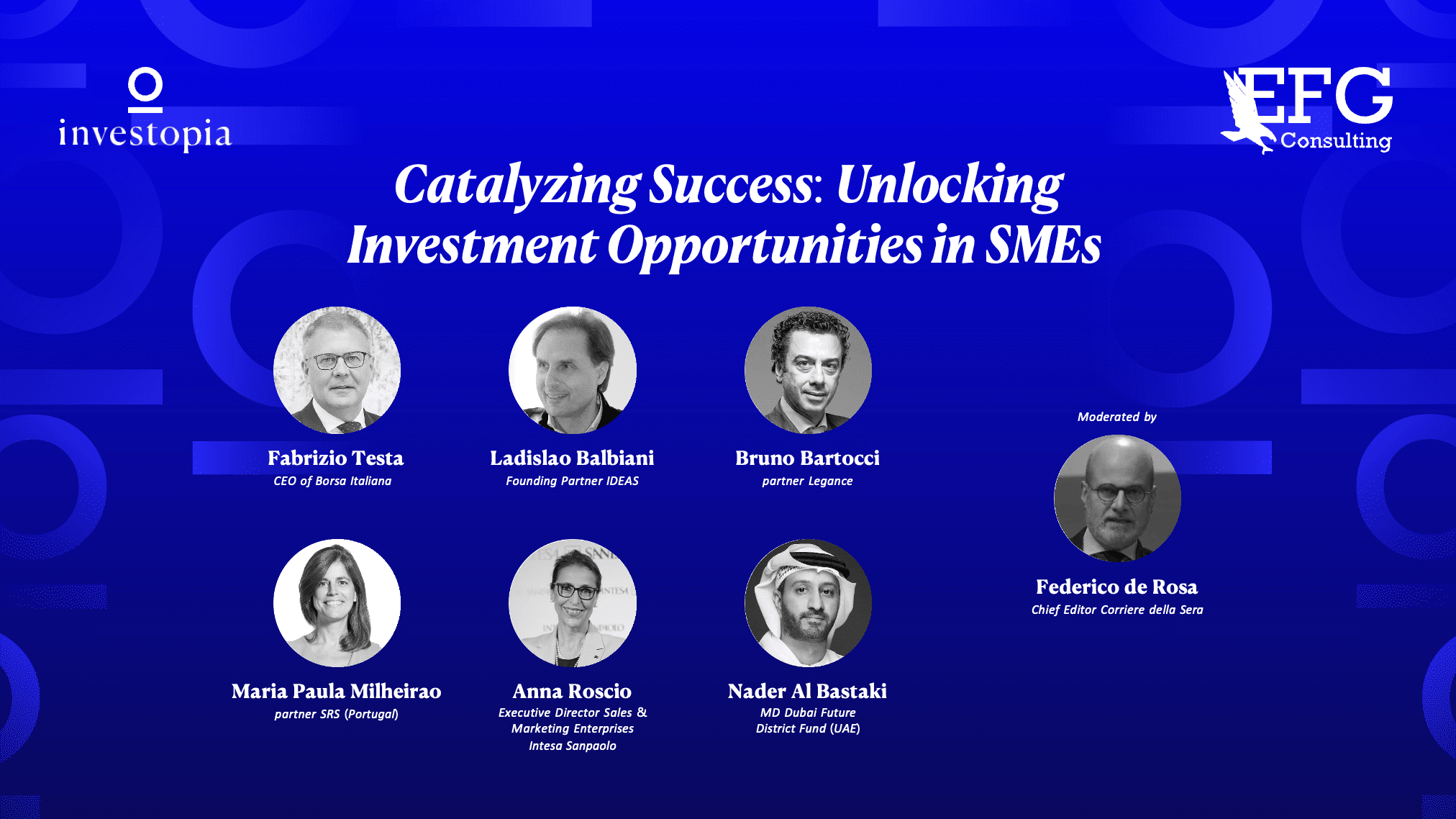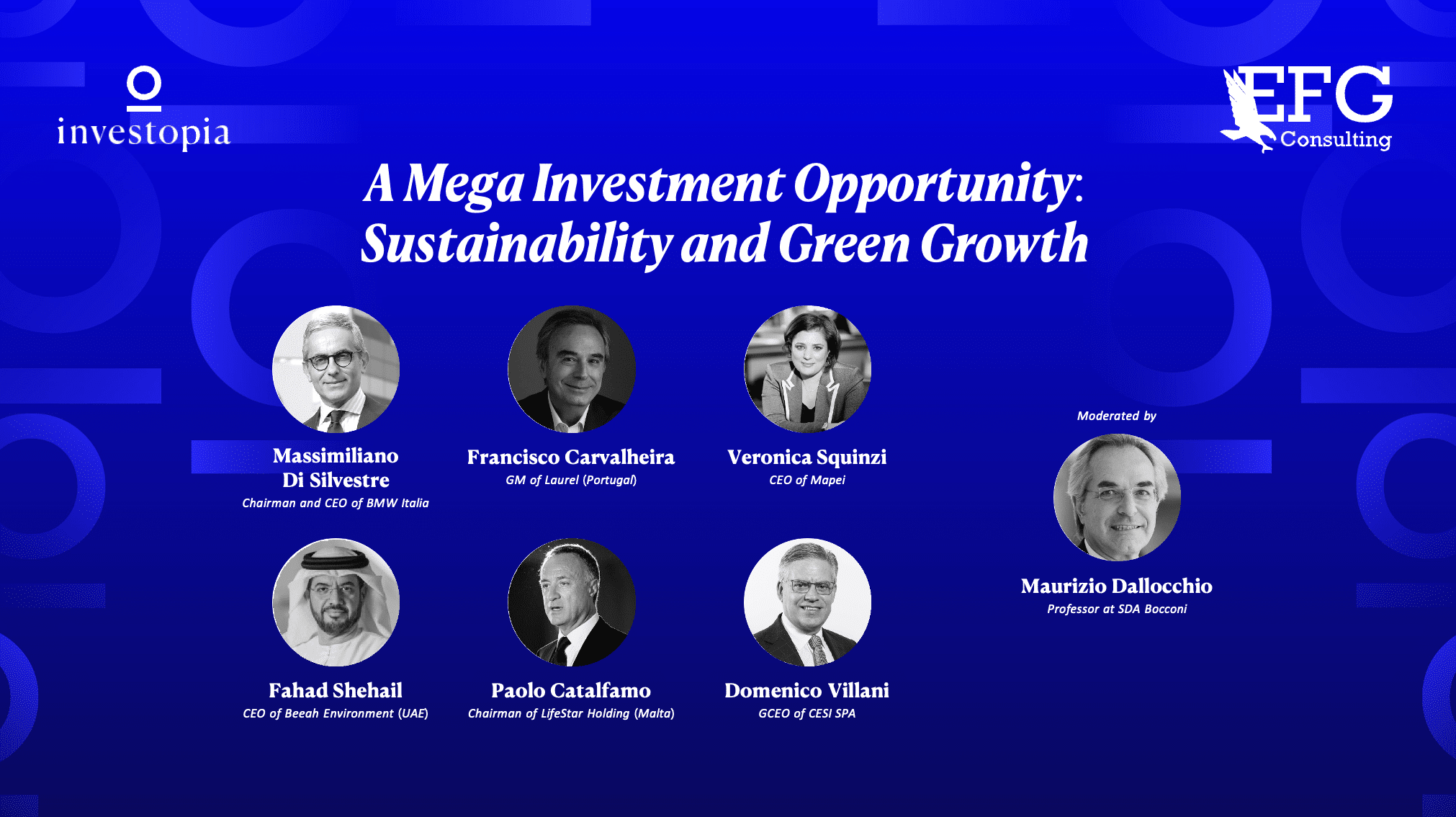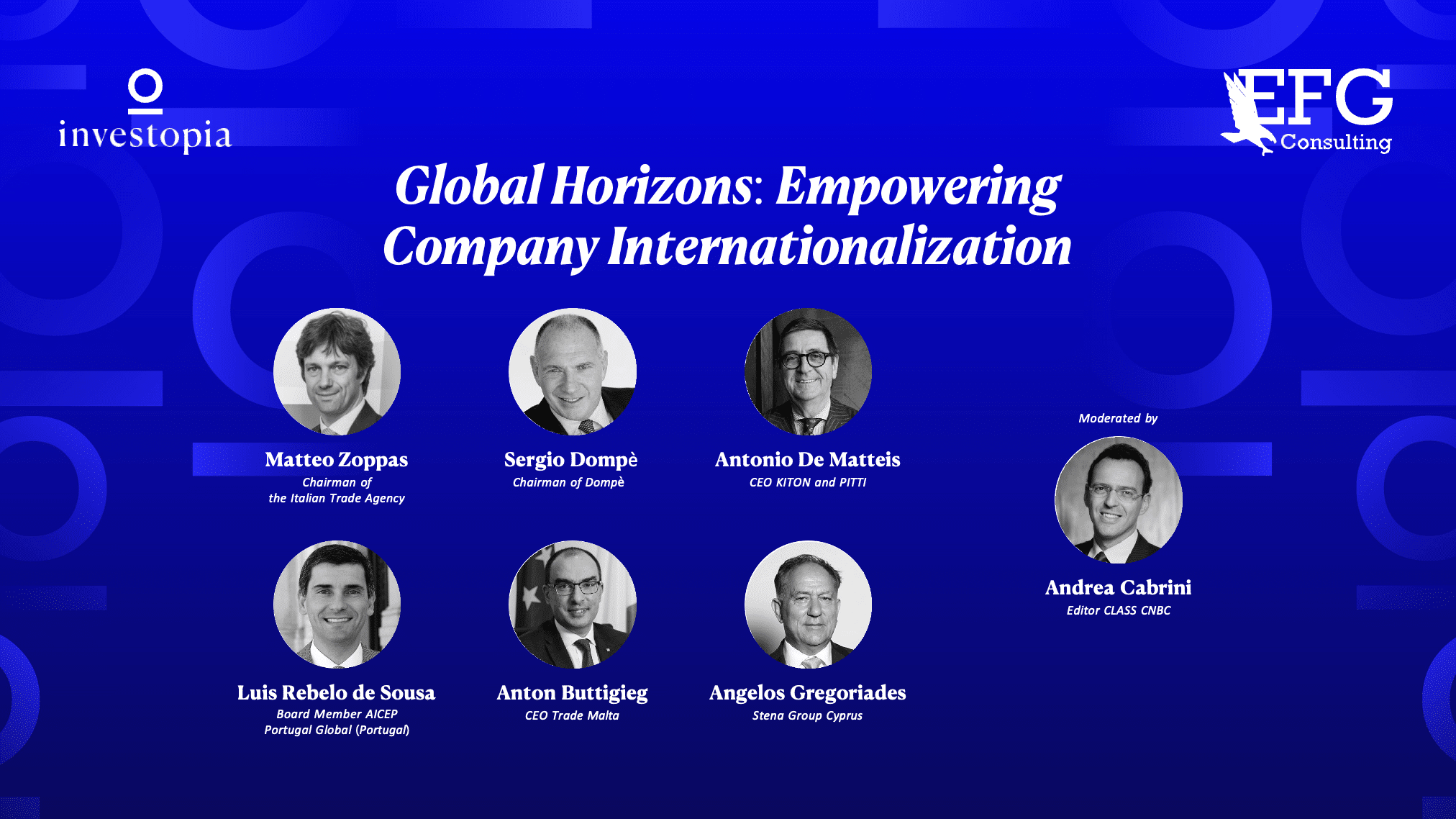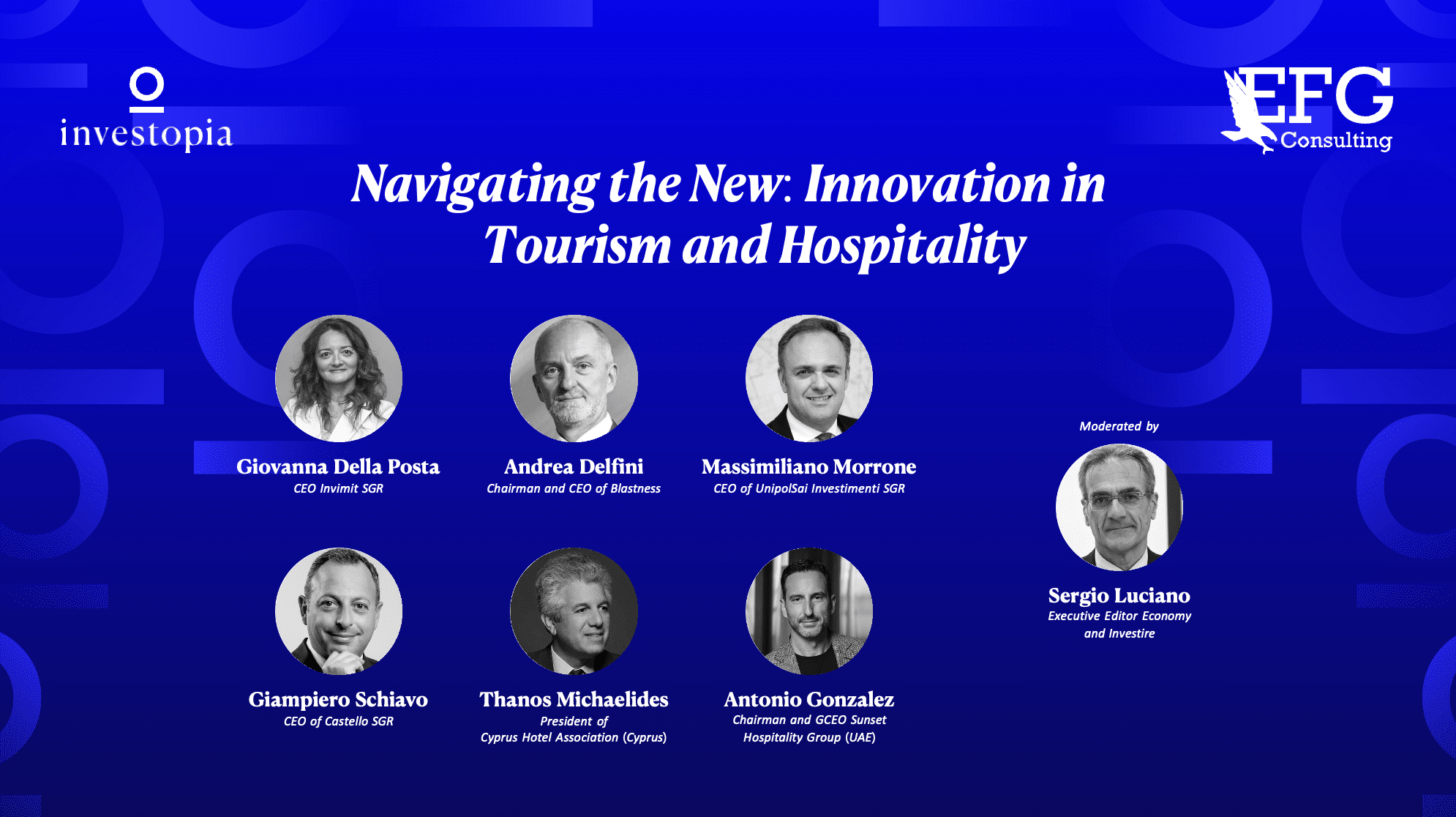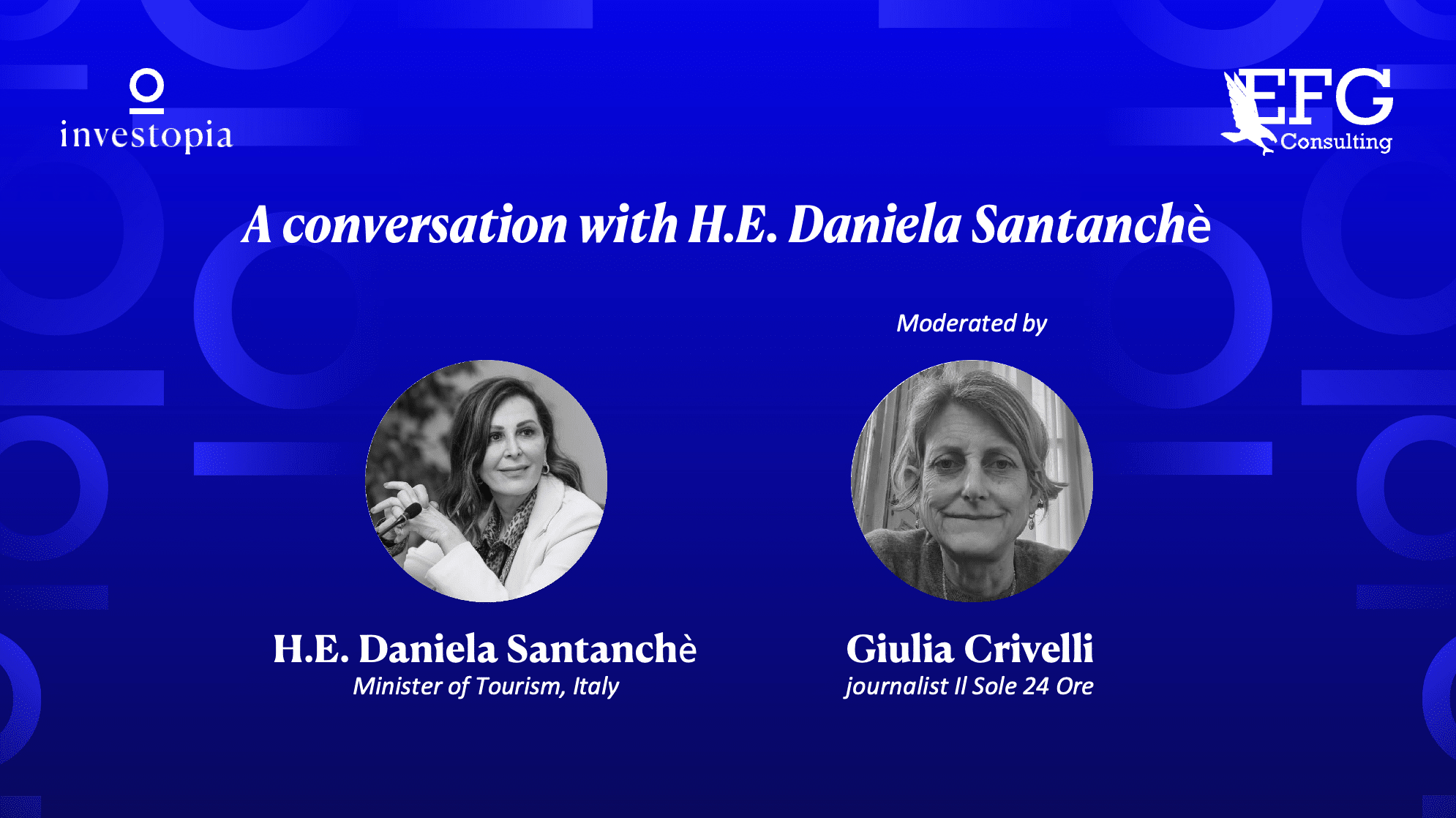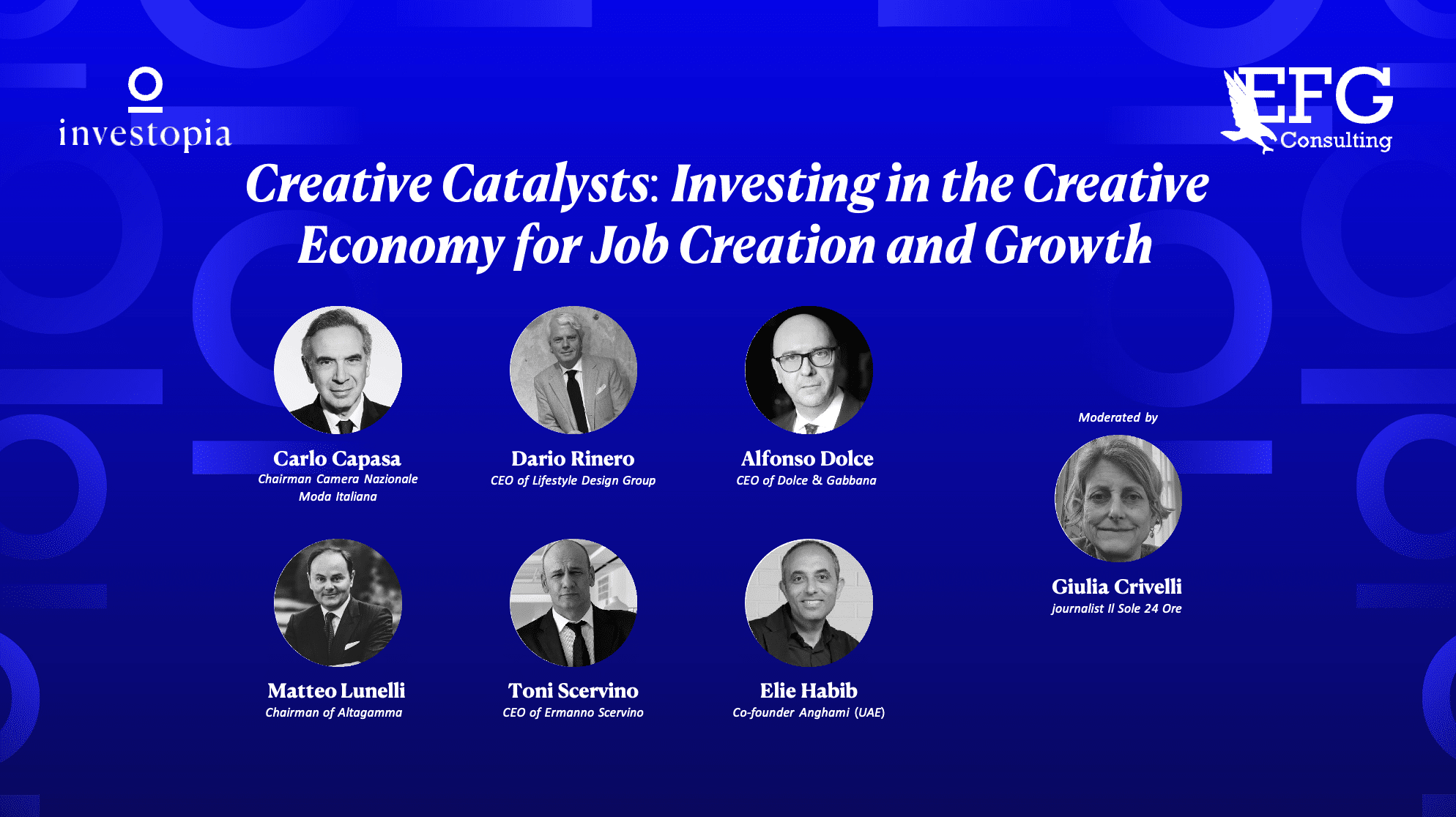Session Speakers:

Ariana Thacker
Founding Partner, Conscience VC
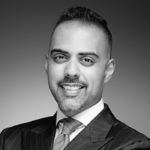
Ashish Joseph
Head of Strategy and Investments, G42 Healthcare
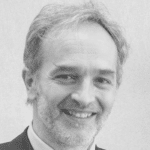
Dr. Gianvito Martino
Professor of Experimental Biology, San Raffaele University

Dr. Michael Severino
CEO, Tessera Therapeutics
Share
Key Takeaways
- Precision medicine aims to develop therapies that are tailored to individual patients. This approach requires a deep understanding of the molecular mechanisms underlying different disorders.
- Nature has already solved many mysteries, and researchers should look to copy what nature is already doing. This approach has led to the developing of new therapies like gene therapy that can correct and send new instructions to cells.
- The most promising drug discovery and biotechnology trends include a better understanding of genetics and expanding the notion of what therapeutic is. This is leading to new treatments that are more targeted and effective.
- The essential qualities of founders and leaders in precision healthcare include being visionary, comfortable using technology and having a track record for execution.
Precision healthcare has been a buzzword for the past few years. The recent Innovations in Precision Healthcare session at the Investopia 2023 conference highlighted the advances and challenges in the field. Ariana Thacker, the Founding Partner of Conscience VC in the United States, moderated the session. The panelists included Dr. Gianvito Martino, a Professor of Experimental Biology at San Raffaele University; Dr. Michael Severino, the CEO of Tessera Therapeutics, and Ashish Joseph, the Head of Strategy and Investments at G42 Healthcare.
The session started with a discussion about designing precision medicine. Dr. Gianvito Martino emphasized that we are still in the era of imprecision medicine. While drugs cater to a range of patients, death is still a significant side effect, and we need to understand the molecular mechanisms that cause different diseases. Ashish Joseph added that precision medicine involves tailoring novel technologies to each patient’s specific needs.
Dr. Michael Severino explained that precision medicine focuses on the therapy at the core driver of the disease, which is crucial as we cannot treat all complex diseases the same way. He cited the example of genetic therapies that can correct and send new instructions to cells, broadening the scope of what we can do in the field.
The panelists then discussed the most promising trends in precision healthcare. Dr. Michael Severino noted that the combination of better genetics understanding and the expanding notion of therapeutic possibilities is the most exciting development in biotechnology. Ashish Joseph highlighted the importance of companies with powerful and unique data platforms to create actionable patient intelligence.
Dr. Gianvito Martino spoke about the role of academia in precision healthcare. He emphasized that academia should focus on conceptually driven science and generate ideas while the government and industry help make these ideas concrete. He added that academia needs to avoid the drawbacks of technologies like machine learning, which can amplify incorrect data, and work towards copying what nature has already solved.
The panelists also discussed the essential qualities of founders and leaders in the precision healthcare field. Ashish Joseph stressed that visionary leaders should not be afraid to push boundaries and should have a track record for execution. Dr. Michael Severino added that intelligence, creativity, imagination, and courage are crucial to venture into uncharted territories.
The session ended with a discussion on the challenges and limitations in the field. Dr. Gianvito Martino highlighted the high costs of gene stem cell therapy, while Dr. Michael Severino noted that the biggest issue in drug discovery and development is having reliable data. Ashish Joseph pointed out the challenges of plugging in population data like the Emirati Genome Program.
In conclusion, the Innovations in Precision Healthcare session underscored the importance of understanding the molecular mechanisms of different diseases and developing therapies that target the core driver of the disease. While there are still challenges in the field, the panelists agreed that precision healthcare is an exciting area that requires visionary leaders who can push boundaries, have a track record of execution, and possess intelligence, creativity, and courage.



